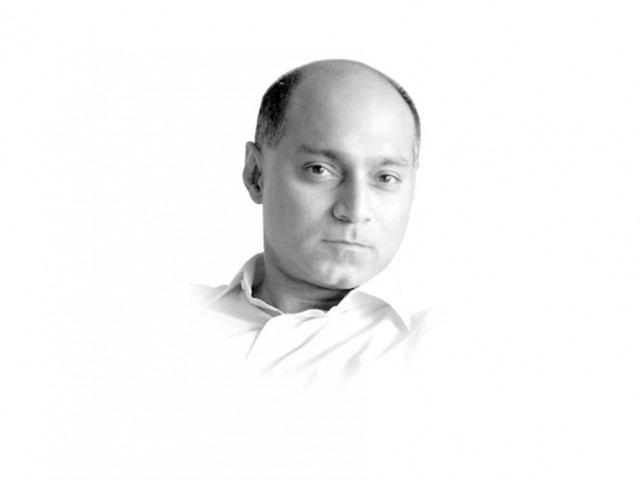Rulers and taxes
All three rulers in the past two decades have tried to advance the cause of revenue enhancement.

Rulers and taxes
Thousands of tax officials started canvassing homes, shops, businesses, industries and even schools. Accompanied by uniformed soldiers, they went door to door demanding information on the source and quantity of income, work address, number of members of the household, utility bills, and so on. Within days the ‘documentation drive’ as it was called, sparked a countrywide strike.
On June 1, the first tear gas canisters were fired. Traders had taken out a small procession of a couple of hundred people in Multan that marched in the streets and chanted slogans against taxes and military rule. Rallies were banned in those days and the police baton-charged them, tear-gassed them, and took around 50 protestors into custody. Musharraf meant business, it seemed.
And as with most such things, the tough talk had a history. Attempts to raise more revenue were constant throughout the decade, but had gained urgency during the second Nawaz Sharif government in the late 1990s. In December 1998, President Rafiq Tarrar signed an ordinance raising the sales tax rate from 12.5 per cent to 15 per cent. The signature came a week after the government had been handed a laundry list of upfront actions required by the IMF board to extend a new loan to Pakistan.
If you were to trace the effort to reform our tax system further and further into the past, the exercise would take you past many milestones that would leave you with a sense of déjà vu. All the way back to 1991 when the Sales Tax Act was passed — bundled into the finance bill so it didn’t have to be debated in parliament.
But trace the thread forward from when Musharraf seized power and when the most vigorous exercise for revenue enhancement began and you hit a dead end. That dead end was 2005. It was in that year that the hard-earned victories, meagre as they might be, of this long-fought battle to raise revenue for the state, were all largely given away in the form of sweeping exemptions.
Today, it’s the sad duty of this government to resume the battle in which Musharraf laid down arms. The effort to raise revenues is amongst the most ghastly and wretched of the obligations that befall any ruler, promising stiff penalties in the event of failure and no kudos whatsoever in the event of success. Nobody applauds a ruler who is successful at raising revenues.
But look at the way this government is going about the task. The RGST law has not been bundled into the finance bill, nor has it been slipped into law through the back door of the presidential ordinance. Rather, it has been brought before the committee in both houses of parliament for full and open debate.
Likewise, nobody has been tear-gassed thus far, no arrests have been made, no rallies or strikes have been taken out against the measure and no batons have been wielded. Rather, the voice of debate and persuasion has been used, to diminishing effect no doubt, but without resort to threats or tough talks.
So let’s discern the trend here. All three rulers that Pakistan has seen in the past two decades have tried to advance the cause of revenue enhancement. All have tried to do it primarily through the sales tax.
But where the general favoured the baton as his instrument in this effort and Nawaz Sharif resorted to the back door of the presidential ordinance or the finance bill, the present government is advancing the revenue interest of the country with the wiles of a card player. And given a choice between the truncheon, the back door or the card table through which to advance a legislative agenda, I’ll take the card table any day.
Published in The Express Tribune, December 23rd, 2010.















COMMENTS
Comments are moderated and generally will be posted if they are on-topic and not abusive.
For more information, please see our Comments FAQ